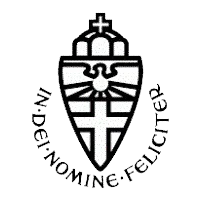Explore the credit course catalogue
3 Results

The course is practical and aims at teaching students how to:
- Use the programming environment R and RStudio, which includes installation, how to handle errors, problem solve and access helper documents.
- Use basic concepts of programming, such as data types, logical and arithmetic operators, if else conditions, loops and functions.
- Use common R packages to perform basic statistical analysis (e.g., t-test, chi2-test, correlation) and visual presentation (e.g., boxplot, histogram and heat-map) of data in R.
The course is structured with the intent to gradually make students more autonomous in writing code. Starting by introducing a concept through a lecture, then providing formative quizzes and tasks relateed to the concept. This all leads up to a project (exam) where the student gets to combine multiple concepts into a project with the intent of solving a certain problem or displaying specific statistical tests of visual components.

Neuroscience techniques are undergoing a rapid development. These developments open up new possibilities for investigating the brain as a network at various levels. We will introduce a range of advanced techniques which currently are being applied in neuroscience in particular to study brain networks. We aim at covering both the basics of the techniques and how they are applied to address specific research questions.

This course will provide up-to-date insights into the neurobiological basis of language. The course will be given by internationally leading researchers in the field. Students will learn how state-of-the-art methods and approaches are currently being applied, and what are the next big questions for the field.


